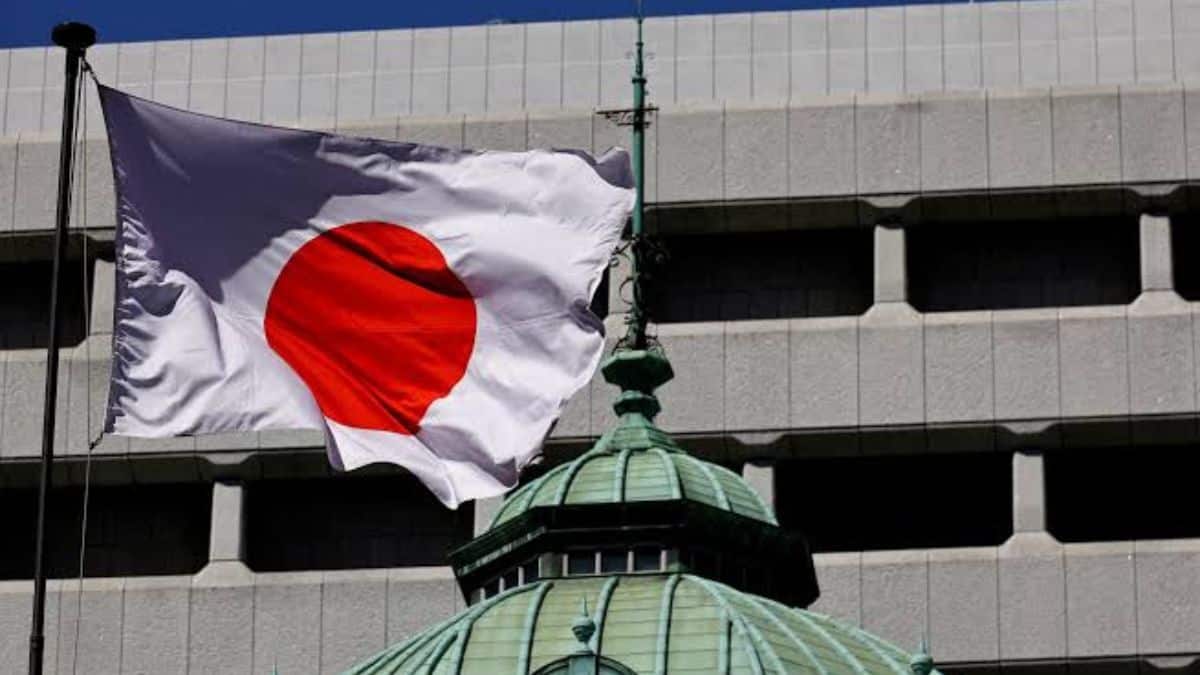As the Bank of Japan (BOJ) prepares for its crucial two-day policy meeting starting Tuesday, analysts predict the central bank will refrain from raising interest rates amid ongoing economic fragility and persistent deflationary pressures. This anticipated decision offers a degree of stability to markets that have been unsettled by recent speculation about potential monetary tightening.
Economists, including Masamichi Adachi of UBS Securities, argue that the BOJ is likely to keep its current policy rates unchanged, citing weak consumer spending and continued declines in real wages as key factors. Japan’s household expenditure fell by 1.8% year-on-year in May, defying an expected increase, while real wages have plummeted for a record 26 consecutive months, eroded by rising prices.
Market participants are closely monitoring the BOJ’s announcements, with the central bank scheduled to release its quarterly outlook on inflation and economic growth alongside any policy changes on Wednesday. Despite some recent signs of inflation, including a yen rally and stock market declines, the prevailing sentiment suggests that the BOJ will prioritize economic recovery over immediate monetary policy shifts.
Current expectations show that only about 30% of economists anticipate a rate hike in the near term, with many predicting such an increase might occur in September or later. The prevailing view is that the BOJ will avoid tightening monetary policy while the economy remains sluggish.
Global economic trends are also influencing the BOJ’s stance. With the Federal Reserve expected to cut rates at its September 18 meeting, as indicated by the CME FedWatch tool, the interest rate differential between Japan and the U.S. may narrow even without BOJ intervention. This scenario could further affect yen valuation and cross-border investment strategies.
The Japanese government has been under pressure from some politicians, notably Digital Minister Taro Kono and Liberal Democratic Party Secretary-General Toshimitsu Motegi, to adopt a more aggressive monetary policy to bolster the yen and counter inflation. Their recent calls for a hawkish stance have contributed to the yen’s recent appreciation and potential speculation about central bank actions.
In its last meeting, the BOJ indicated it would propose a reduction in its bond-buying program, a move anticipated to be formalized at this week’s meeting. Analysts suggest that while a cut in bond purchases is likely, a simultaneous rate hike remains improbable due to potential market disruptions.
As the BOJ convenes, the focus will remain on balancing economic support with the broader financial stability, navigating the delicate interplay of domestic economic conditions and international monetary policy trends.

